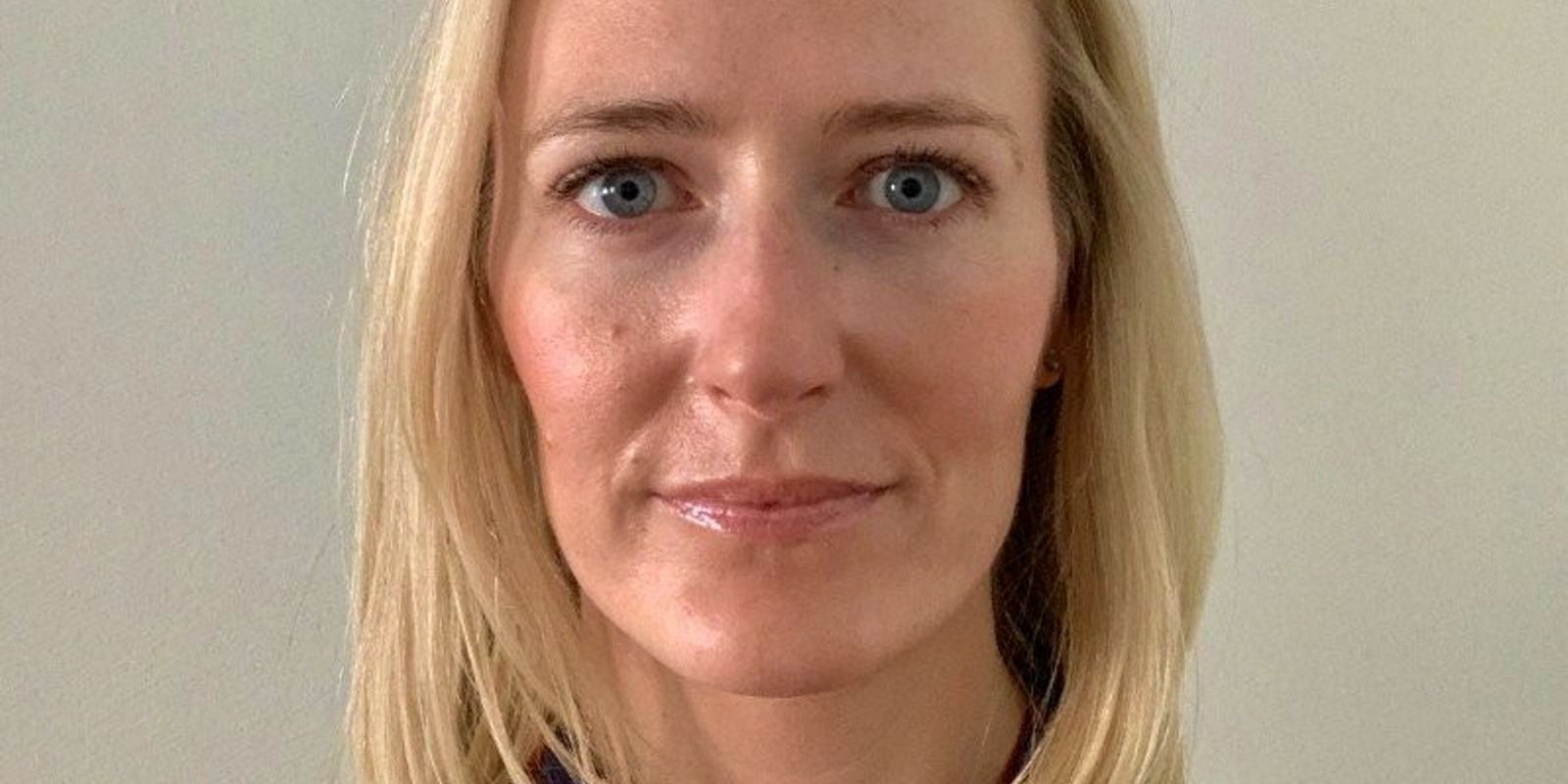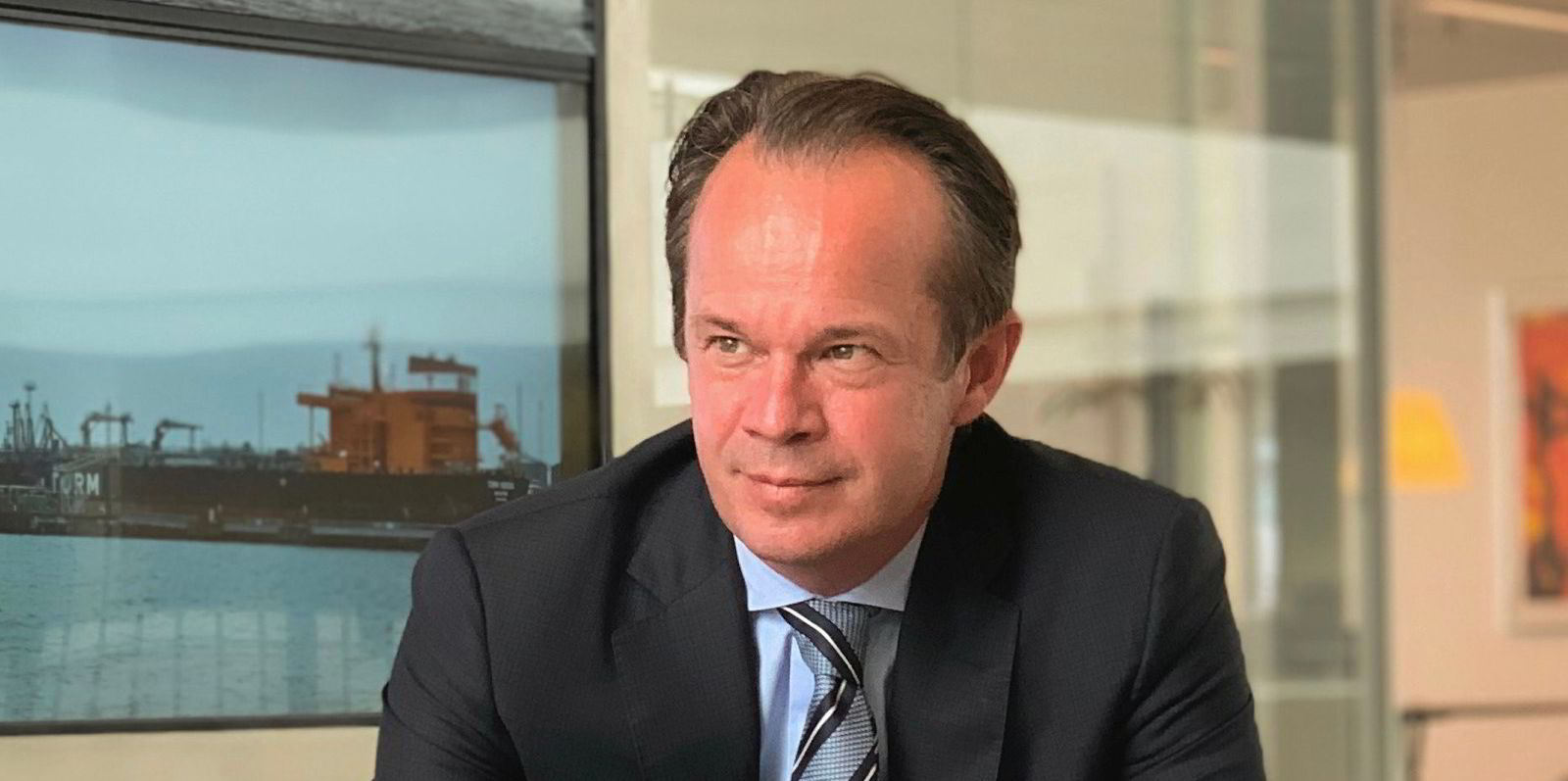Norway’s Kristian Gerhard Jebsen Skipsrederi (KGJS) is focusing on bulk carriers after selling most of its tanker fleet to Torm.
The $399m deal to offload eight of 10 LR2s built between 2010 and 2012 was announced earlier on Thursday.
Since the end of 2021, the $501m fleet of tankers has been owned through a 50/50 joint venture with funds managed by London financier Hayfin Capital.
Following the sale, the remaining two tankers will continue to be managed by Jebsen’s SKS Tankers operation.
Geir Mjelde, chief executive of KGJS, said: “This transaction represents an important shift in our strategy of now concentrating on dry bulk.
“Our assessment of the market is that the timing of the sale is favourable and the transaction will accelerate the expansion of our dry bulk activities. We are grateful for the good collaboration with Hayfin.”
KGJS owns four kamsarmaxes and a cement carrier.
It also said it has reached an agreement to acquire a 2023-built kamsarmax for delivery in 2024.
Andreas Povlsen, head of maritime at Hayfin, said: “The team managing the joint venture has been truly professional throughout the partnership. It has been a real pleasure to work together, and we look forward to other similar mutually beneficial investment opportunities going forward.
“We maintain our constructive stance on the tanker market.”
Building a stake?
Hayfin said it remains active in the maritime space and has acquired more than 80 vessels on behalf of managed funds, including LNG, dry bulk, container vessels and tankers.
Denmark’s Torm said the purchase price for the LR2s consists of $239m in cash and 5.5m of its shares.
Danske Bank analyst Havard Lie said the KGJS/Hayfin platform previously had ambitions to build its product tanker fleet.
The venture also had a clear focus on using all available tools to decarbonise any assets under its joint control, which fits well with Torm’s strategy, he added.
Lie argues that this could be the start of KGJS/Hayfin buying a larger stake in Torm.
This would align with Torm’s major shareholder, Oaktree Capital Management, being willing to sell some of its holdings.
“This would be positive, removing some of the potential sales overhang in the share,” Lie concluded.





